End Stage Respiratory Disease
End stage respiratory disease. Taylor DR12 Murray SA3. How well do we care for patients with end stage chronic obstructive pulmonary disease COPD. End-stage or stage 4 COPD is the final stage of chronic obstructive pulmonary disease.
Deterioration in this phase is often caused by exacerbations making end-of-life prediction uncertain figure 1 4. The end-stage of ILDs might be thus defined as the terminal phase of the disease when improvement cannot be expected either spontaneously or through any treatment and the disease course leads inevitably to death. This benefit is particular for end-stage COPD and this program includes smoking cessation better detection of pulmonary exacerbation and compliance to treatment.
The symptoms of end-stage chronic obstructive pulmonary disease COPD include frequent lung infections difficulty eating and shortness of. As people reach the end stage of long-term lung disease physical changes typically appear. As a result your.
Some people progress slowly while others progress rapidly. A comparison of palliative care and quality of life in COPD and lung cancer. In the absence of well-considered advanced care planning APC or a physicians orders for life-sustaining treatment POLST form the end stages of COPD and IPF can lead to a bitter ending of physical isolation from relentless gulping for air poor control of.
Advanced Stage As lung disease progresses you will experience decreasing airflow capacity. This chapter will focus on reviewing the current literature on care of dying patients with end-stage respiratory disorders in the last days of their life. Changes in attitude changes in service.
The illness trajectory for many patients with severe respiratory disease is characterized by steady decline. Quitting smoking and all tobacco products Avoiding any known irritants that may cause lung inflammation Getting an annual flu and pneumonia vaccine Preparing for emergencies and periods of exacerbations Meeting with your healthcare team. In COPD pulmonary rehabilitation program have been shown to significantly improve exercise capacity and health-related quality of life while reducing the severity of dyspnea.
End-stage COPD is marked by a severe functional decline frequent exacerbations and hospital admissions 2 3. However the progression to the end is different for people.
This benefit is particular for end-stage COPD and this program includes smoking cessation better detection of pulmonary exacerbation and compliance to treatment.
Most long-term lung conditions gradually worsen with time. A comparison of palliative care and quality of life in COPD and lung cancer. The end-stage of ILDs might be thus defined as the terminal phase of the disease when improvement cannot be expected either spontaneously or through any treatment and the disease course leads inevitably to death. The illness trajectory for many patients with severe respiratory disease is characterized by steady decline. 11 NHS Lanarkshire and Honorary Fellow Faculty of Medicine The Usher Institute University of Edinburgh Edinburgh UK. Most long-term lung conditions gradually worsen with time. Simple activities you once took for granted such as gardening or walking around the block will most likely cause shortness of breath and fatigue. Respiratory diseases and lung cancer. Some people progress slowly while others progress rapidly.
Most long-term lung conditions gradually worsen with time. In COPD pulmonary rehabilitation program have been shown to significantly improve exercise capacity and health-related quality of life while reducing the severity of dyspnea. Advanced Stage As lung disease progresses you will experience decreasing airflow capacity. Quitting smoking and all tobacco products Avoiding any known irritants that may cause lung inflammation Getting an annual flu and pneumonia vaccine Preparing for emergencies and periods of exacerbations Meeting with your healthcare team. The end-stage of ILDs might be thus defined as the terminal phase of the disease when improvement cannot be expected either spontaneously or through any treatment and the disease course leads inevitably to death. First the focus will be on recognising assessing and relieving the most typical late-stage symptom. 287995 Gore JM Brophy CJ Greenstone MA.


/what-is-copd-914695_final-4ea04d1f5c944fc9bfb734ef998514b4.png)
/what-to-expect-in-the-final-stages-of-lung-cancer-2249015-5bc3f30fc9e77c00512feb11.png)
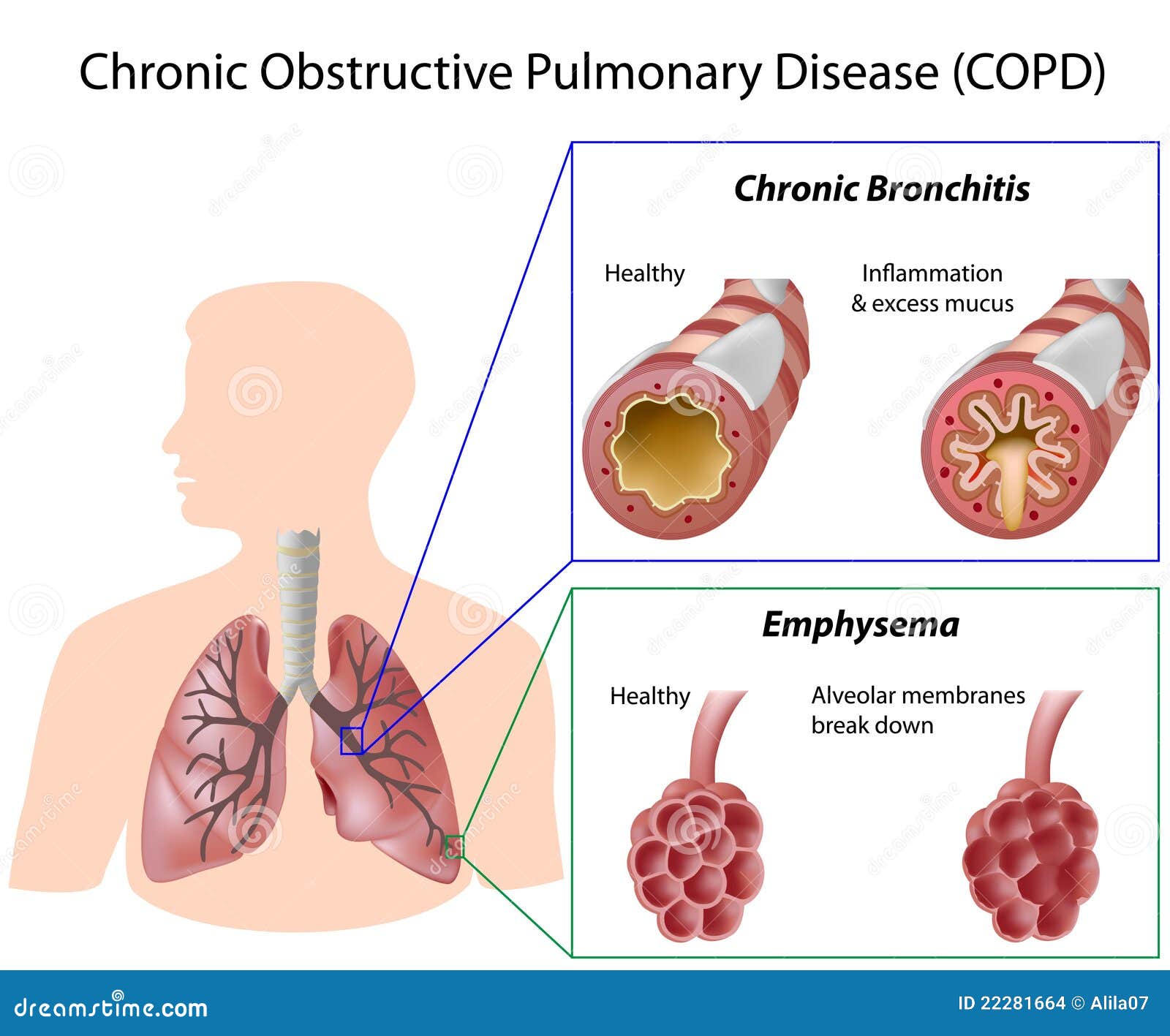
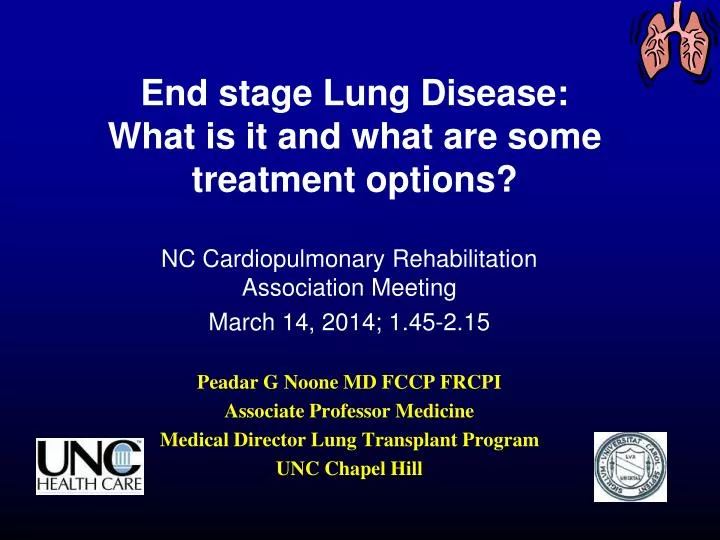
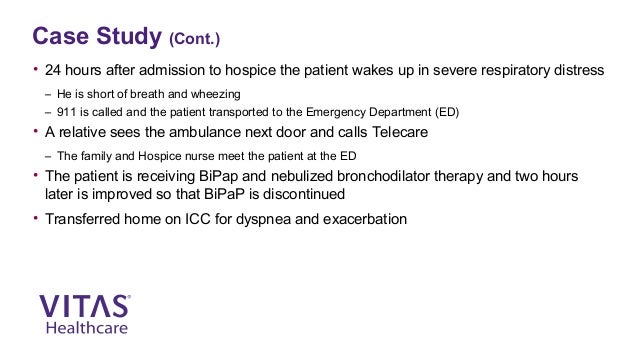





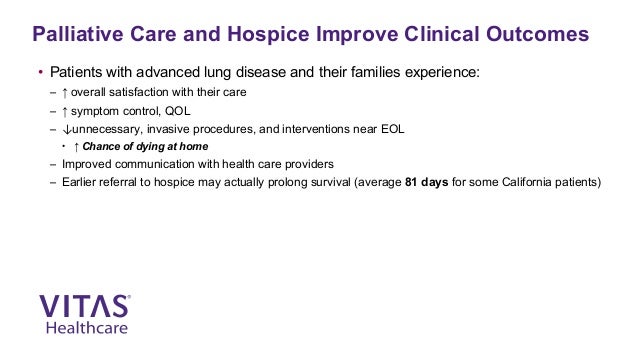
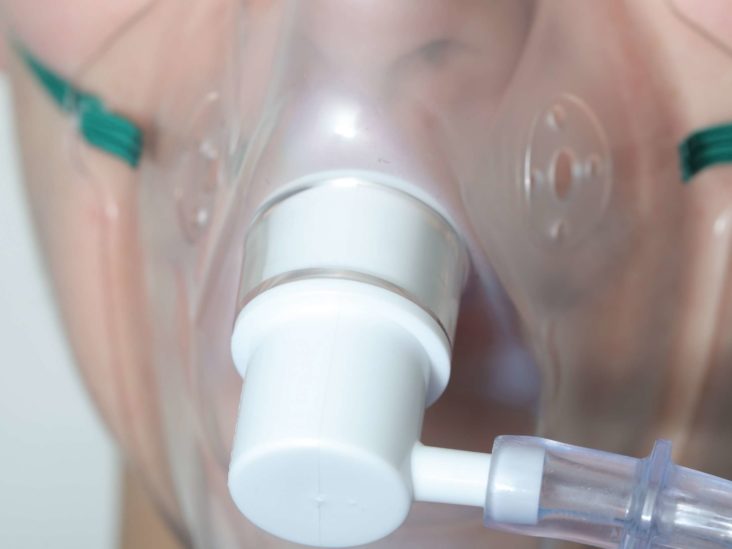




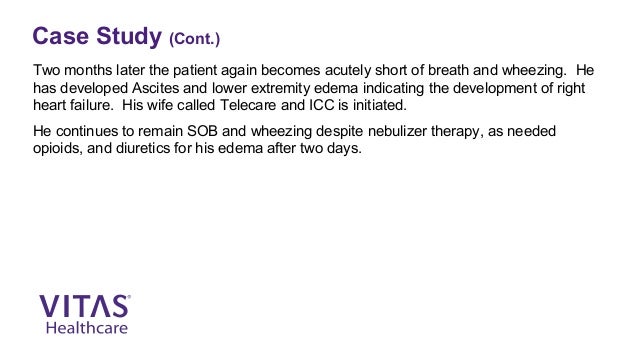
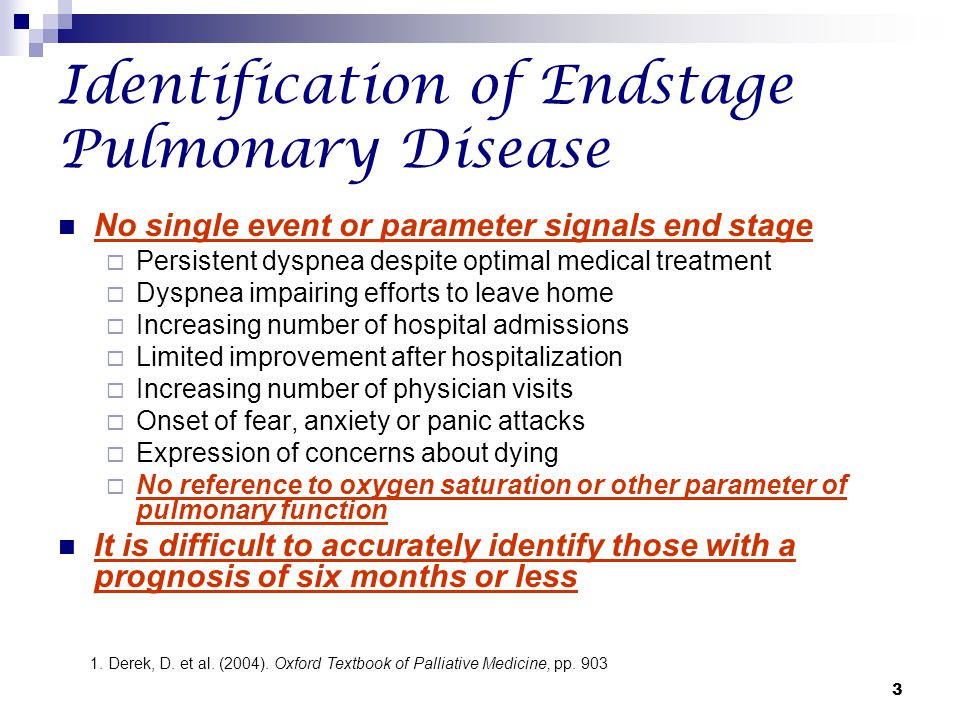
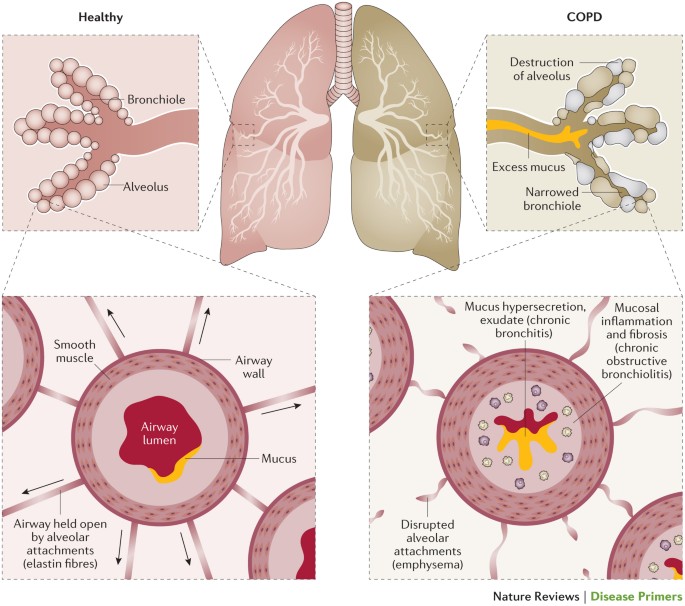
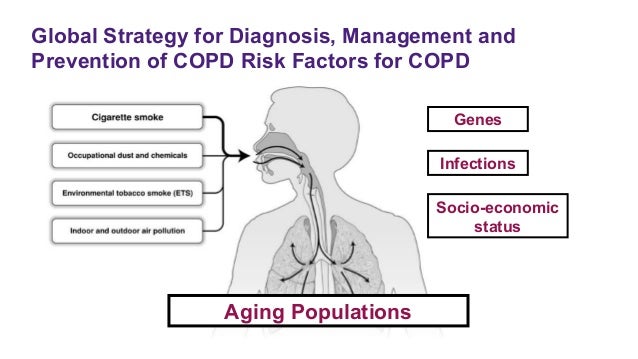

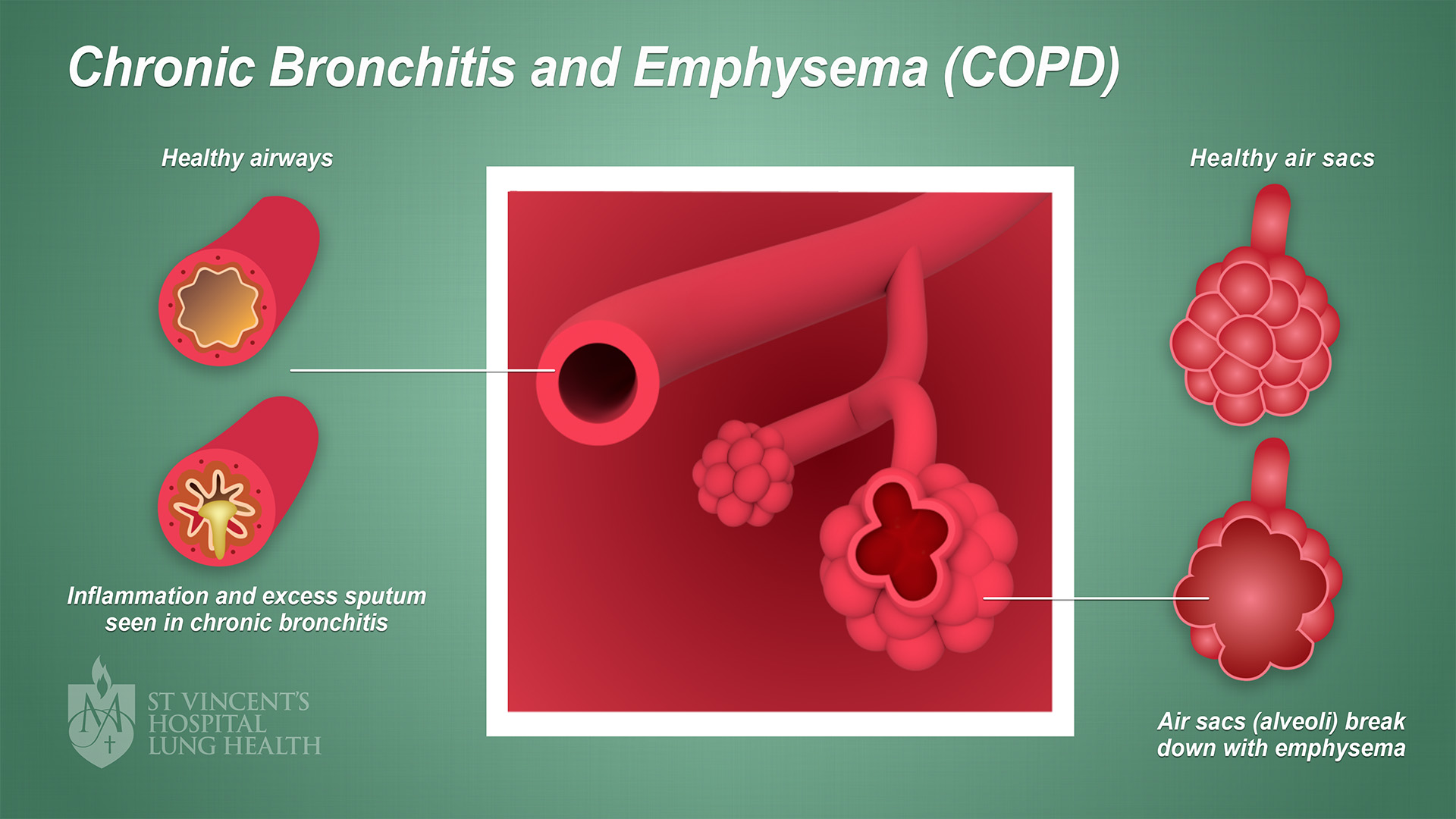






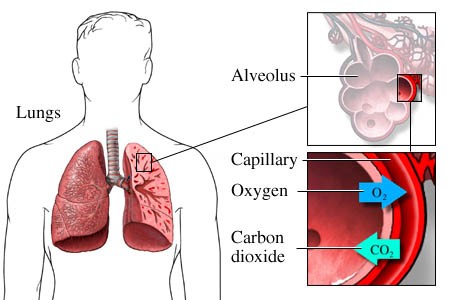

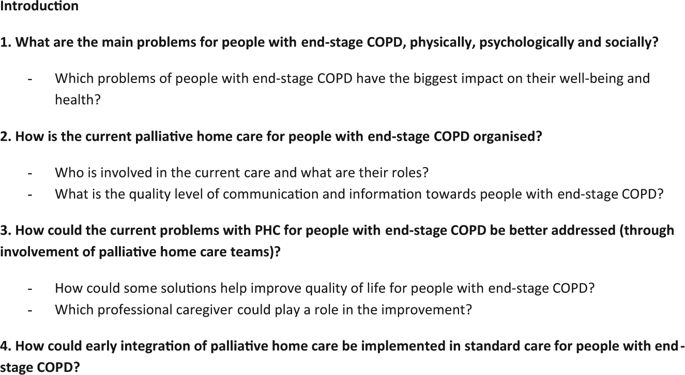

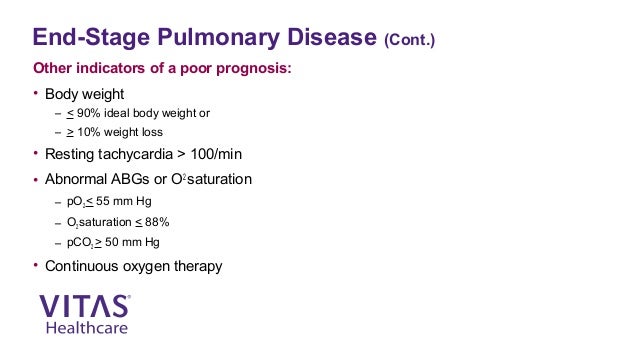

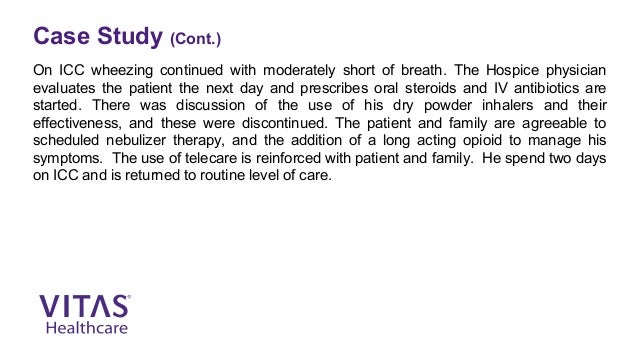
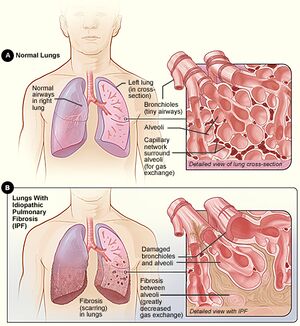





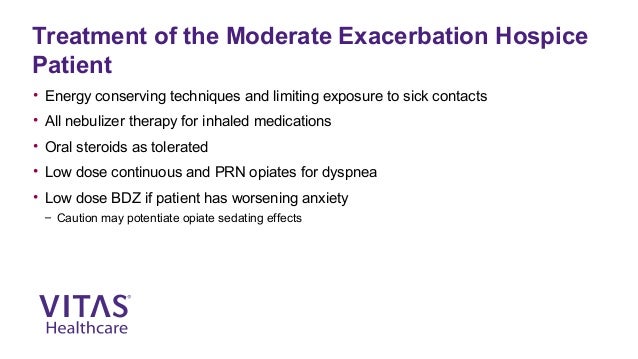

Post a Comment for "End Stage Respiratory Disease"